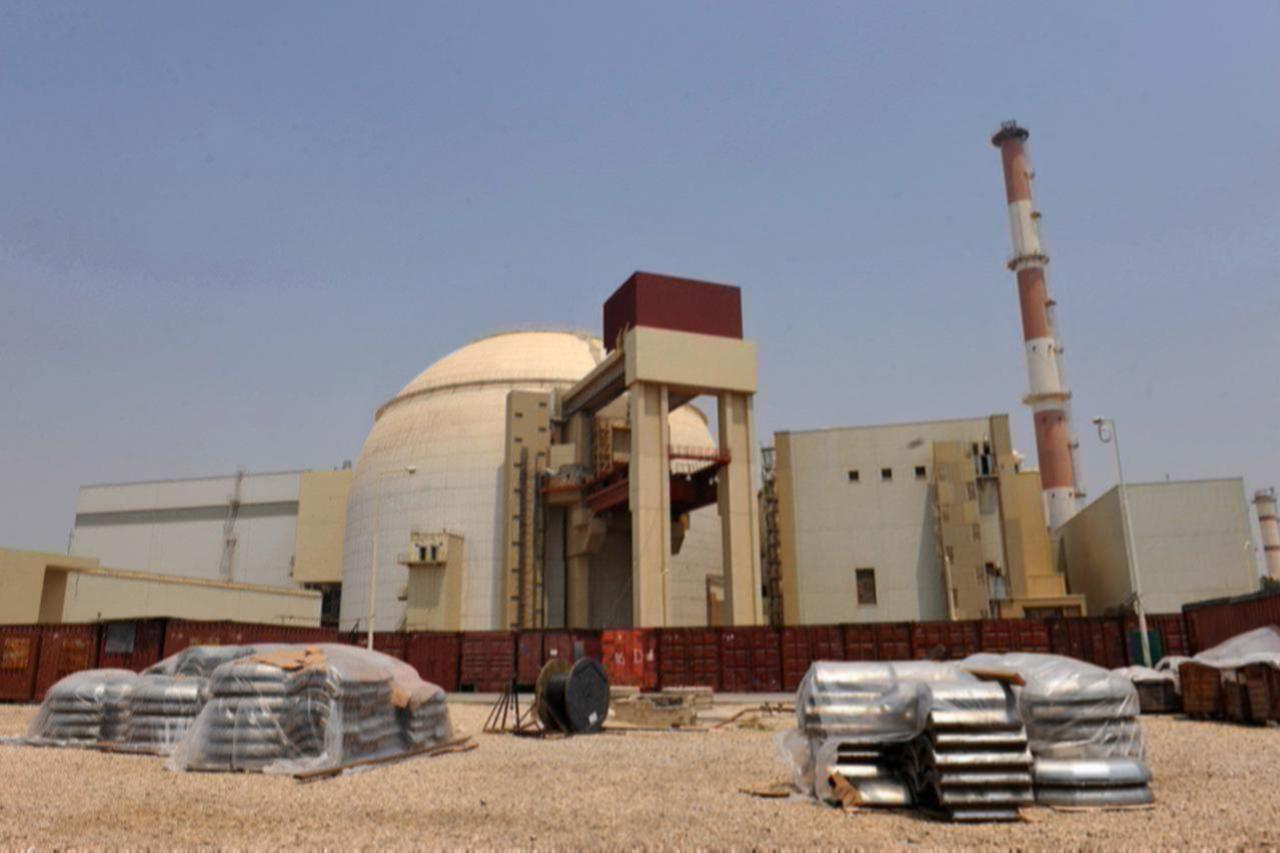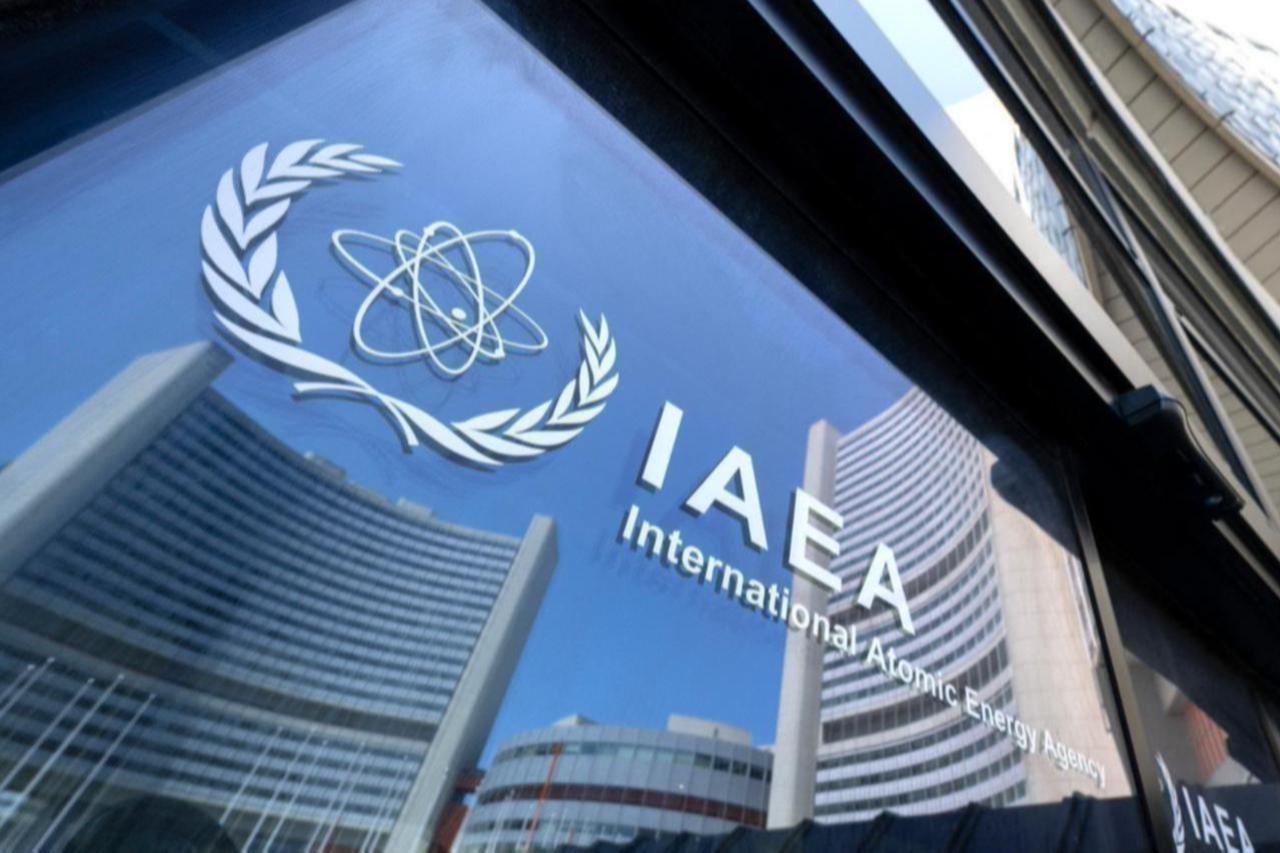
Egyptian Foreign Minister Badr Abdelatty spoke separately with his Iranian counterpart Abbas Araghchi and International Atomic Energy Agency (IAEA) Director General Rafael Grossi to discuss ways to restore cooperation and reduce regional tensions surrounding Iran’s nuclear program, Egypt’s Foreign Ministry said Friday.
The conversations, held Thursday, aimed to support regional security and stability through peaceful solutions to Iran’s nuclear file, the ministry said in a statement.
Abdelatty emphasized the importance of maintaining dialogue between Tehran and the IAEA and resuming cooperation based on the Cairo agreement signed on Sept. 9.
The deal, brokered by Egypt, allowed IAEA inspectors to return to Iranian nuclear sites damaged during U.S. and Israeli strikes in June, attacks that prompted Tehran to suspend cooperation.
Egypt’s Foreign Ministry noted that Abdelatty called for intensified consultations among all relevant parties in the coming period, in line with Egyptian President Abdel Fattah el-Sisi’s directives to promote calm and stability across the Middle East.

The Sept. 9 agreement marked a step toward reviving dialogue between Iran and the IAEA, after months of suspended cooperation. It came following a trilateral meeting in Cairo between the Egyptian and Iranian foreign ministers and the IAEA chief.
On Oct. 18, Abdelatty held similar calls with Araghchi, Grossi, and U.S. Middle East Envoy Steve Witkoff to review proposals aimed at resolving the Iranian nuclear crisis.
Those calls took place hours after Iran’s Foreign Ministry said that UN Security Council Resolution 2231, which endorsed the 2015 nuclear deal known as the Joint Comprehensive Plan of Action (JCPOA), had expired, signaling that Tehran was no longer bound by U.N. sanctions.
Following the expiration of the resolution, France, the U.K., and Germany announced the reactivation of the “snapback” mechanism under the 2015 deal, reinstating sanctions on Iran over alleged violations after the U.S. withdrew from the JCPOA.
Israel, the U.S., and several European countries accuse Iran of seeking to develop nuclear weapons, while Tehran maintains that its nuclear program is for civilian purposes, including energy production.